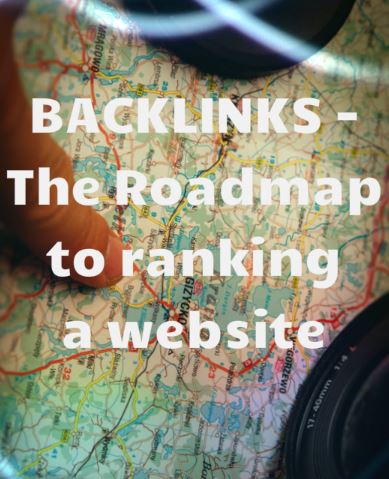
It wasn’t all that long ago that you could dramatically improve your rank on all of the major search engines (including Google) by doing nothing more than collecting a handful of backlinks and flooding your content with just as many keywords as you could stuff in it.
Today that just isn’t quite how things need to go to get you from the “backwoods” of Google rankings to the top of the first page.
If you are going to have any success whatsoever in the world of search engine optimization these days (and if you plan to make money online you had better hire a company that has mastered SEO) you’ll have to know exactly what backlinks are and how they can help you build your rankings – and that’s exactly what we are going to help you with!
Backlinks are essentially “votes” for your content
The easiest way to wrap your head around what backlinks are, and what they do for you, is to think of them as individual votes that your website is useful, original, and relevant.
The way it works is that you want other websites and domains (as well as social media accounts), to link to your content rather than linking from your pages to someone else. These ‘inbound’ links are the fuel that gives your company’s website a boost in search rankings.
It used to be that the more backlinks your site was able to collect and generate; the higher its ranking would climb for the things people search for. However, the game has changed in recent years, and link quality is much more important than quantity.
So the key in SEO success often comes down to acquiring backlinks from valuable domains that Google already finds to be relevant to the keywords that individuals are searching for.
Google says links are not that influential, and that one ought to concentrate on generating great content, but numerous case studies argue that backlinks are the lifeblood of ranking well.
If you were to ask executives at search engine companies like Google whether backlinks are still as important for ranking in their search results as they were in the past, you may get mixed messages.
Part of this is because search engines have no incentive to provide information about how to “game” their search algorithm. They do not want people hunting down backlinks from any source possible to artificially increase their search engine rankings. Links, they feel, should come naturally. However, in the real world, that rarely happens unless a company has an enormous base of followers who are passionate about their brand.
At the end of the day, search engines like Google and Bing are in the business of providing the most relevant information for individual searches. They are data retrieval engines. They want relevant content to rank highly for certain keywords, but at the same time there are other factors that come into play that may improve your rankings across the board.
Building your online marketing and advertising plan on the foundation of gaining backlinks alone is short-sighted, but one would be foolish to ignore the fact that users engage with a website and link to it only when it is already visible in search results.